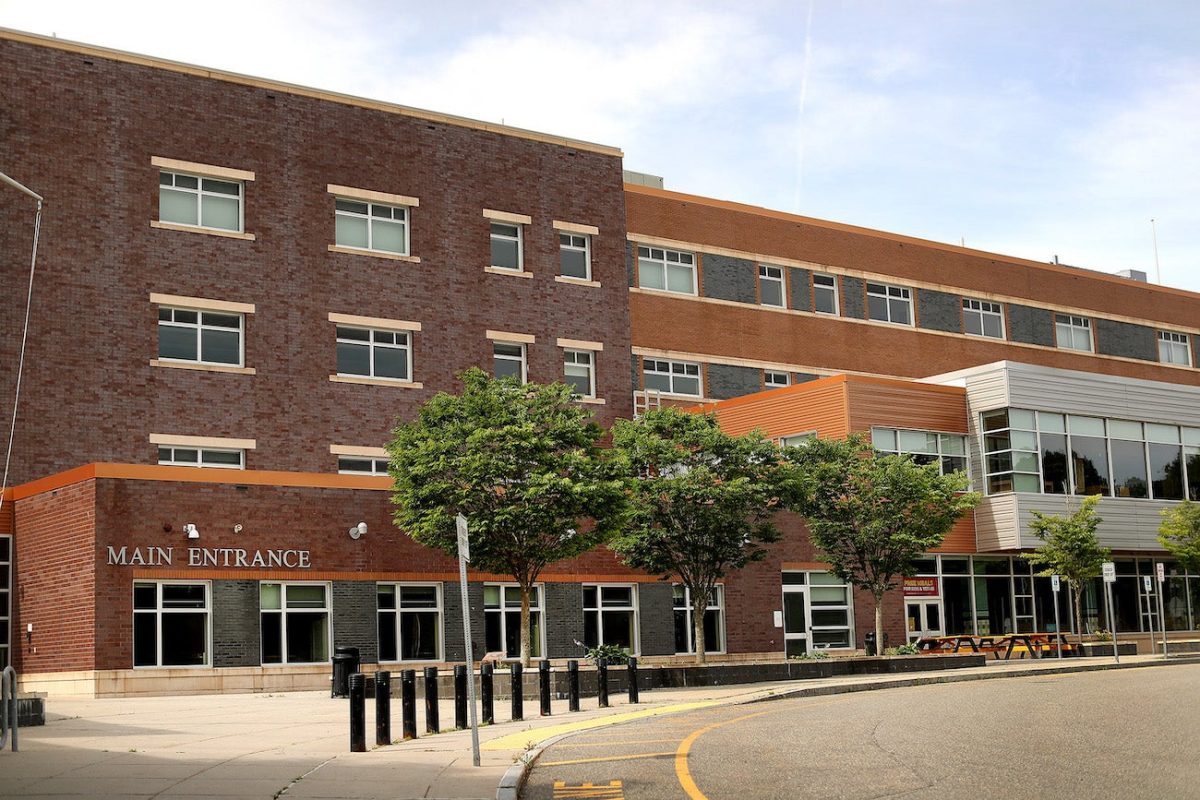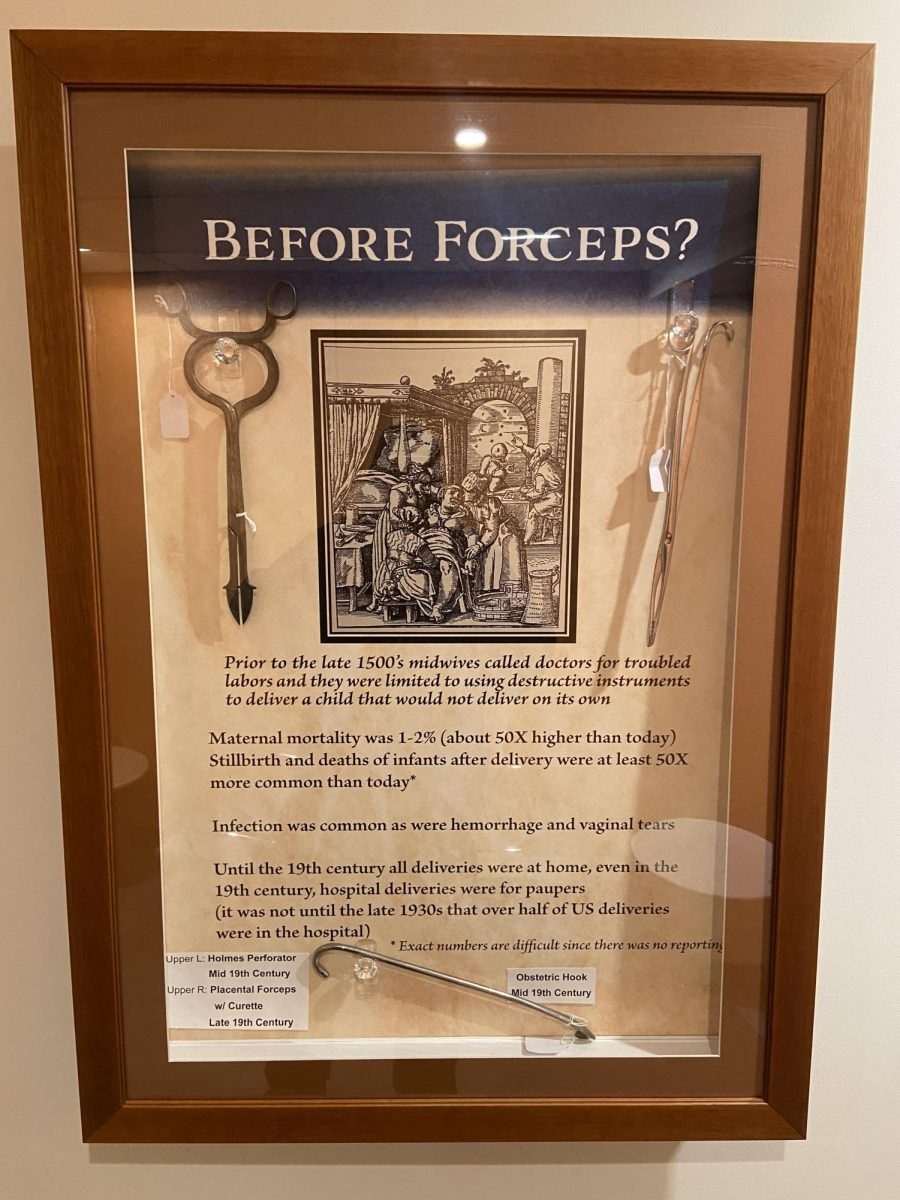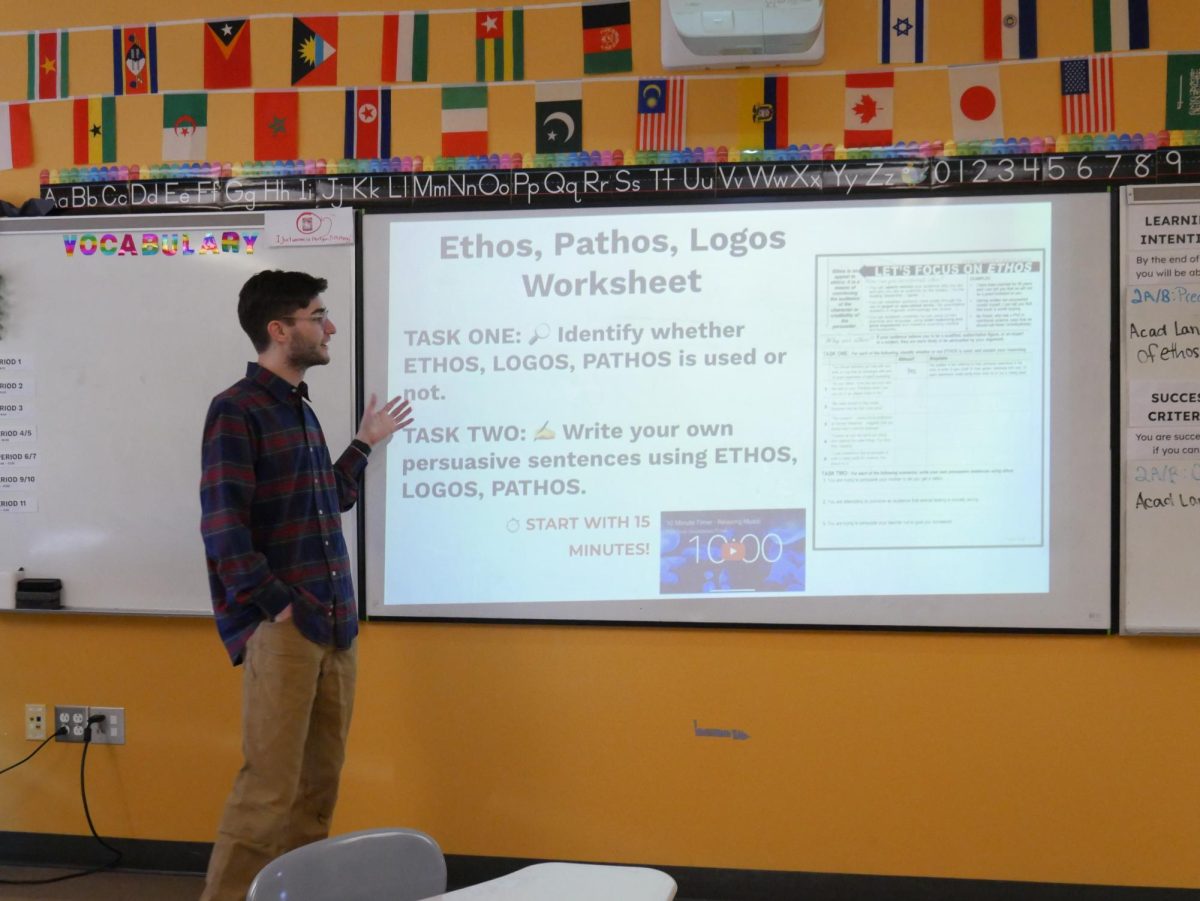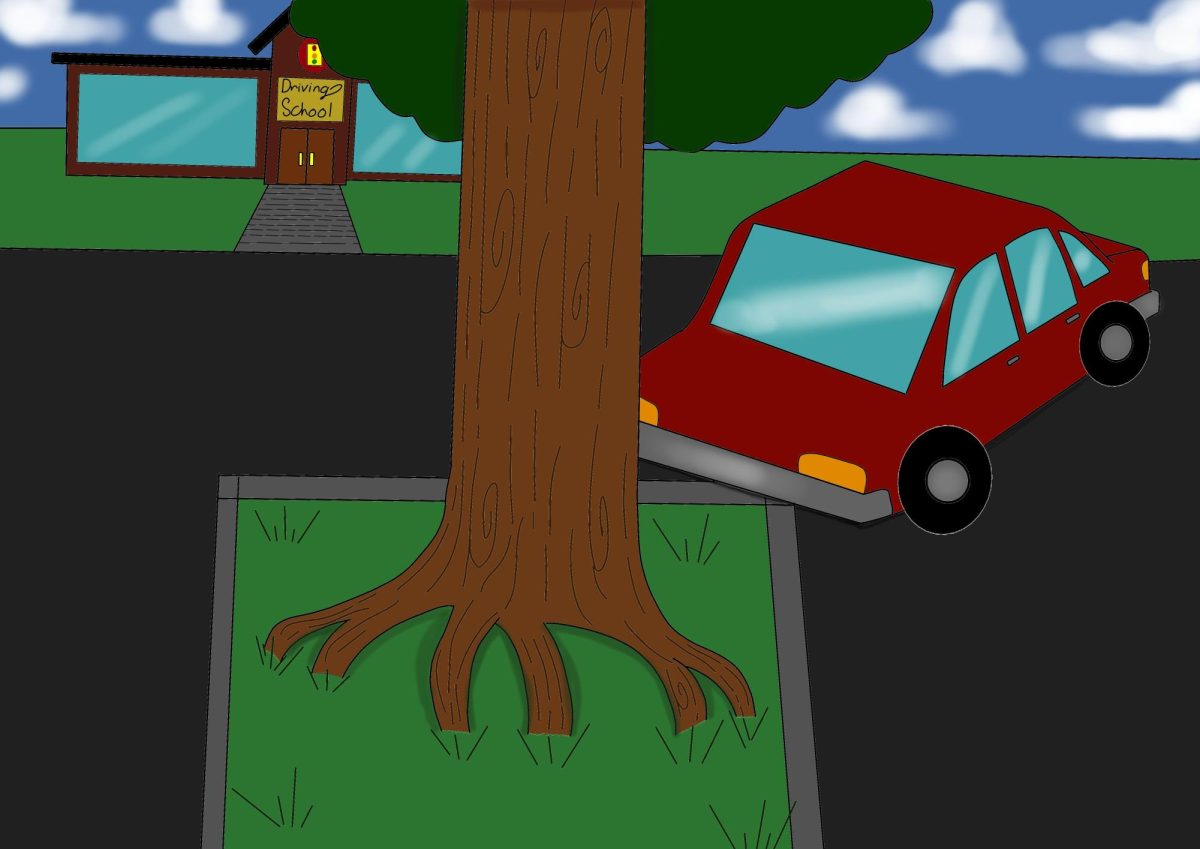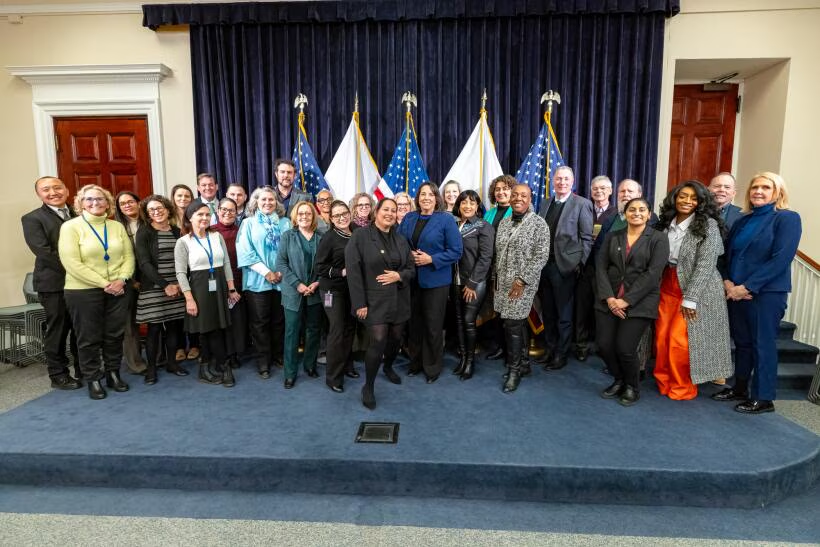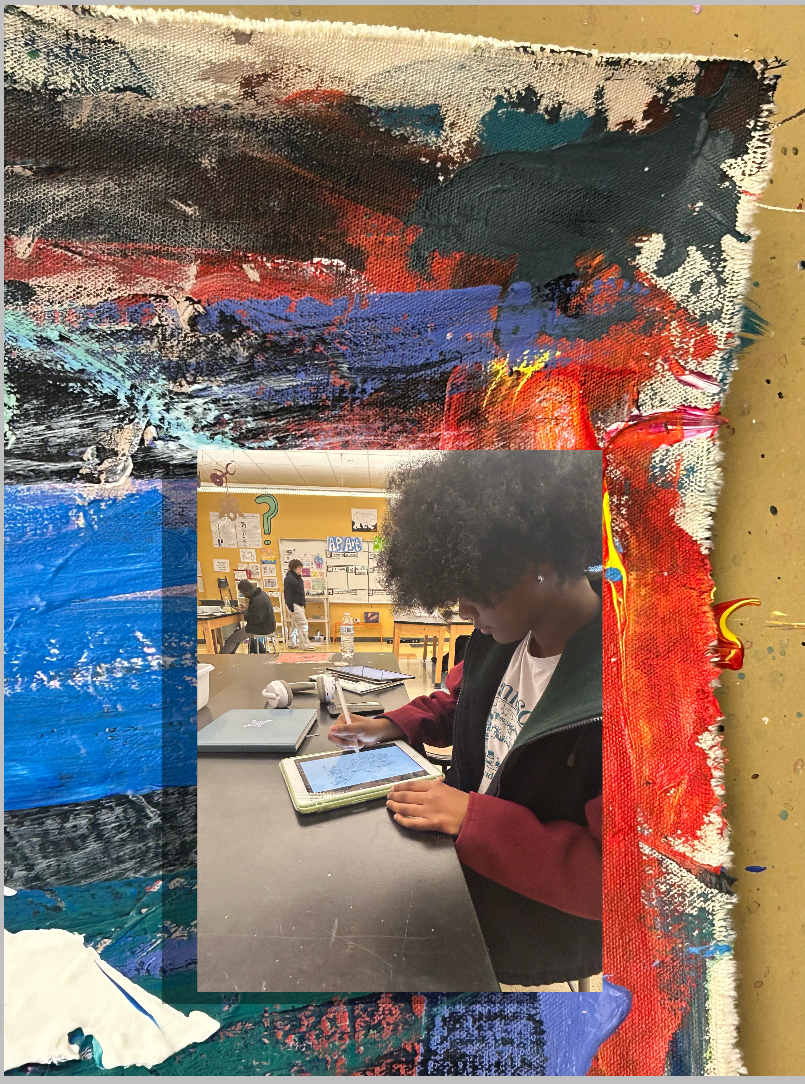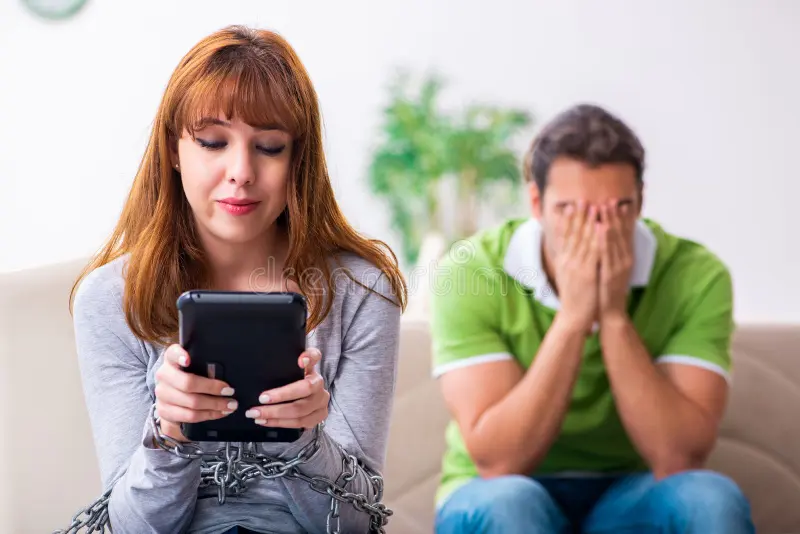In our hyperconnected world, technology is ubiquitous, promising to bring us closer together. We can communicate with friends and family through Facebook, Instagram, Snapchat, and countless other platforms, all from the convenience of our smartphones. Yet this constant connectivity raises an urgent question: Does technology make us feel lonelier? Evidence suggests that despite its potential to connect us, technology often gets in the way of genuine human interaction, leaving us feeling more isolated than ever.
A striking 2013 YouTube video by comedian and actress Charlene de Guzman, viewed nearly 50 million times, sums up this paradox. Titled “I Forgot My Phone,” it depicts scenes of everyday life interrupted by the ubiquity of smartphones. A man proposes on the beach, but his partner is more focused on capturing the moment on her phone than experiencing it. These moments, which are supposed to be funny, reveal a sad truth about our smartphone-obsessed culture: technology often distances us from the people we’re trying to connect with.
Technology’s intrusion into our social lives is pervasive. Many people, like Taylor, find themselves surrounded by others engrossed in their screens, leading to a collective disconnect. Taylor admits, “I often find myself surrounded by people looking at their phones, and I’m even guilty of doing it.” This shared behavior can create an environment where genuine interaction is scarce, and individuals feel compelled to look at their phones out of self-consciousness or to avoid embarrassment.
In addition, the constant need to document our lives through photos and videos can keep us from living in the moment. Madalyn’s experience highlights this: “My mom is always looking at her smartphone, never listening.” This sentiment is echoed by many who feel their relationships suffer because of the constant distraction of technology. However, some argue that technology can foster connection, especially for those who struggle with face-to-face interactions. Nakota, a shy person, finds solace in technology: “Skype is a way to avoid that. I can have private conversations with people I know in person.” For individuals like Nakota, technology provides a valuable means of communicating that would otherwise be difficult.
In my own experience, I have felt the isolating effects of technology. There have been countless occasions when a lively conversation was abruptly interrupted by the buzzing of a smartphone. Recognizing this, I have made a conscious effort to limit my screen time when I am with friends and family, striving to be fully present and engaged.
To combat the isolating effects of technology, we must consciously choose to disconnect from our screens and reconnect with the world around us. Establishing rules for technology use in social situations, such as not using phones during meals, can help. It is crucial to foster an environment where real-life interactions take precedence over virtual ones. This question is particularly relevant as society grapples with the implications of ever-evolving technology. As smartphones continue to infiltrate our private and social spaces, we need to be vigilant about preserving the quality of our human connections. In conclusion, while technology has the potential to connect us, it often makes us feel more alone by interfering with real social interactions. By recognizing this and taking steps to mitigate its impact, we can ensure that our relationships remain authentic and meaningful. Let’s embrace the present moment and the people around us by making a conscious effort to disconnect from our screens and reconnect with one another.

